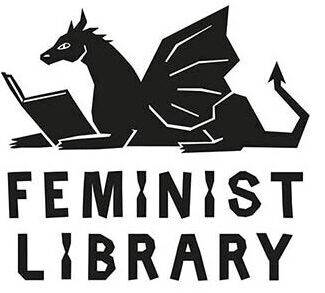Review: Until Our Blood Is Dry, Kit Habianic (Parthian, 2014)
Kit Habianic’s first foray into the world of novel writing follows on the heels of her journalistic and short story writing careers. Until Our Blood Is Dry, set in a small South Wales pit village, follows the fortunes of Gwyn Pritchard, overman at Blackthorn colliery, his daughter Helen and her beloved Scrapper, a strapping young collier, during the long strike of 1984. Habianic is at her best when evoking the struggles of the miner’s strike, the financial problems and strained relations. She provides us with complex webs of loyalty and gut wrenching decisions to provoke real empathy for her characters. The South Wales landscape is beautifully rendered and she has a real talent for mimicking the accents and cadences of the area.

Considering the great effort Habianic expends emphasising the strength of the women across the country that joined in the miners’ strike, it’s a shame that her heroine, Helen, falls a little flat. Despite the obvious empathy we feel for Helen as she struggles on the other side of the scab /striker divide, she sometimes feels too one-dimensional, a plot device with little true character of her own. Her rival Debbie suffers from the same lack of individuality. All femme-fatal via Pontypridd, no depth of personality. Other female players fare better, Helen’s mother-in-law Angela and Helen’s friend Sue evoke the tenacity and bravery of women supporting the strike without feeling like plot devices. Despite my quibbles with some of her main characters, Habianic manages to place women in centre stage of a struggle where their role is often overlooked.
On the one hand, the minimum of space devoted to explaining the context of the strike means that even for the daughter of a miner’s family like myself, the political and temporal complexities of the strike can at times be a little unclear. However, this actually seems to summon the duplicity and deceit that surrounded the government, media and industry approach to the strike. Some of Habianic’s most successful set pieces see the miners face the taunting police on the picket lines across the country. She excels in drawing us into the heated confusion of the picket line violence, the heady atmosphere startling oppressive at times. Ultimately Habianic’s first foray into the world of novel writing is a gripping, passionate work. She conjures with great skill the specific world of Ystrad, whilst managing to draw us by association into a countrywide time of great upheaval.
Reviewed by Eleanor Shaw
